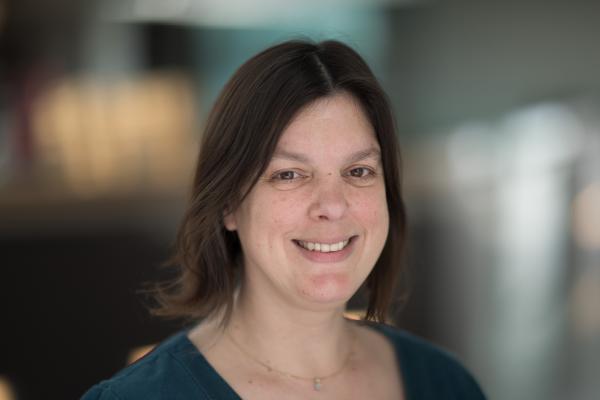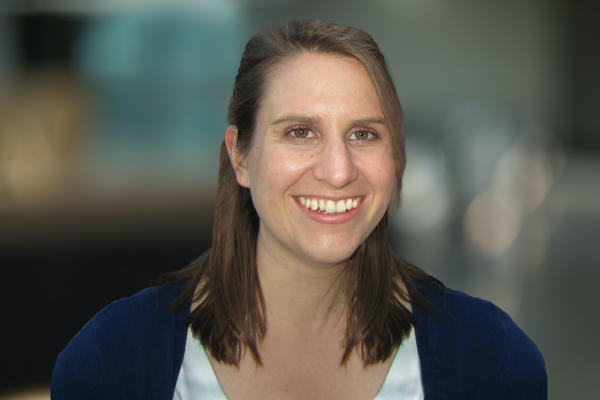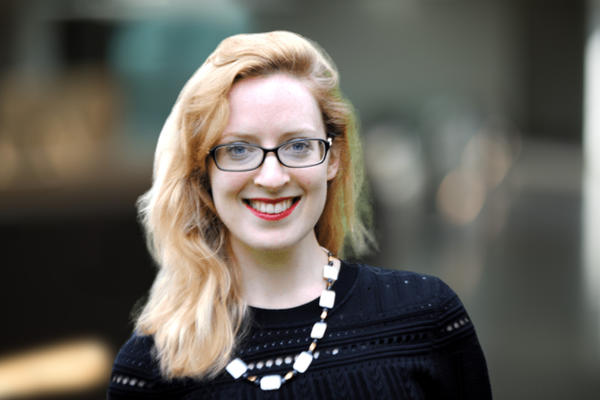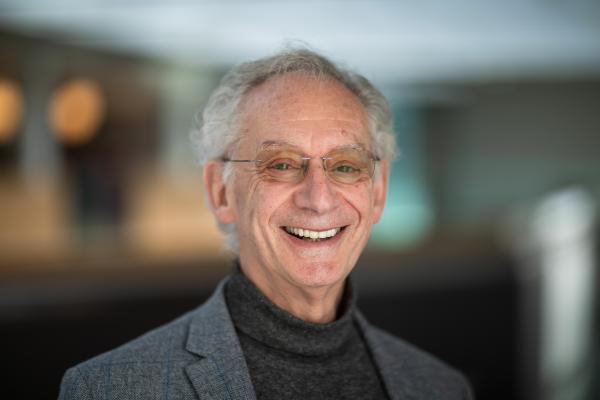Infection and Disease Processes
Our research focuses on major human pathogens and their interactions with their human hosts. Using structural, biochemical and biophysical methods to characterize host-parasite interactions, we apply the knowledge we gain to guide development of improved vaccines and therapeutics. We study a wide range of different diseases that affect millions of people worldwide, including malaria, sleeping sickness, and viral infections such as dengue and influenza.
What changes in the body when we become infected and ill? How do parasites and viruses grow, multiply and attack their hosts? And how can we use our increasing knowledge to help develop vaccines and therapeutics? Labs in the Infection and Disease Processes section are working towards answering these questions. As biochemists, we start by looking at the smallest levels of life – the molecules in our cells – and then work out how changes in these molecules can affect our cells or even the whole body. Understanding what happens in a disease in this detailed way is very powerful for designing new treatments. We work on vaccines, to prevent people from becoming ill in the first place, and new medicines to treat people who are already unwell.
We are using advanced technologies such as x-ray crystallography, cryoelectron microscopy, NMR, and proteomics, alongside other biochemical, biophysical and medicinal chemistry approaches to discover how the malaria parasite attacks red blood cells and whether we can use this information to make new vaccines; how trypanosomes which cause sleeping sickness grow and divide; how the body responds to attack from viruses and to design broad spectrum antiviral drugs that stop viruses from spreading. We engage with industry and collaborate with the academic community both closer to home and further afield.











